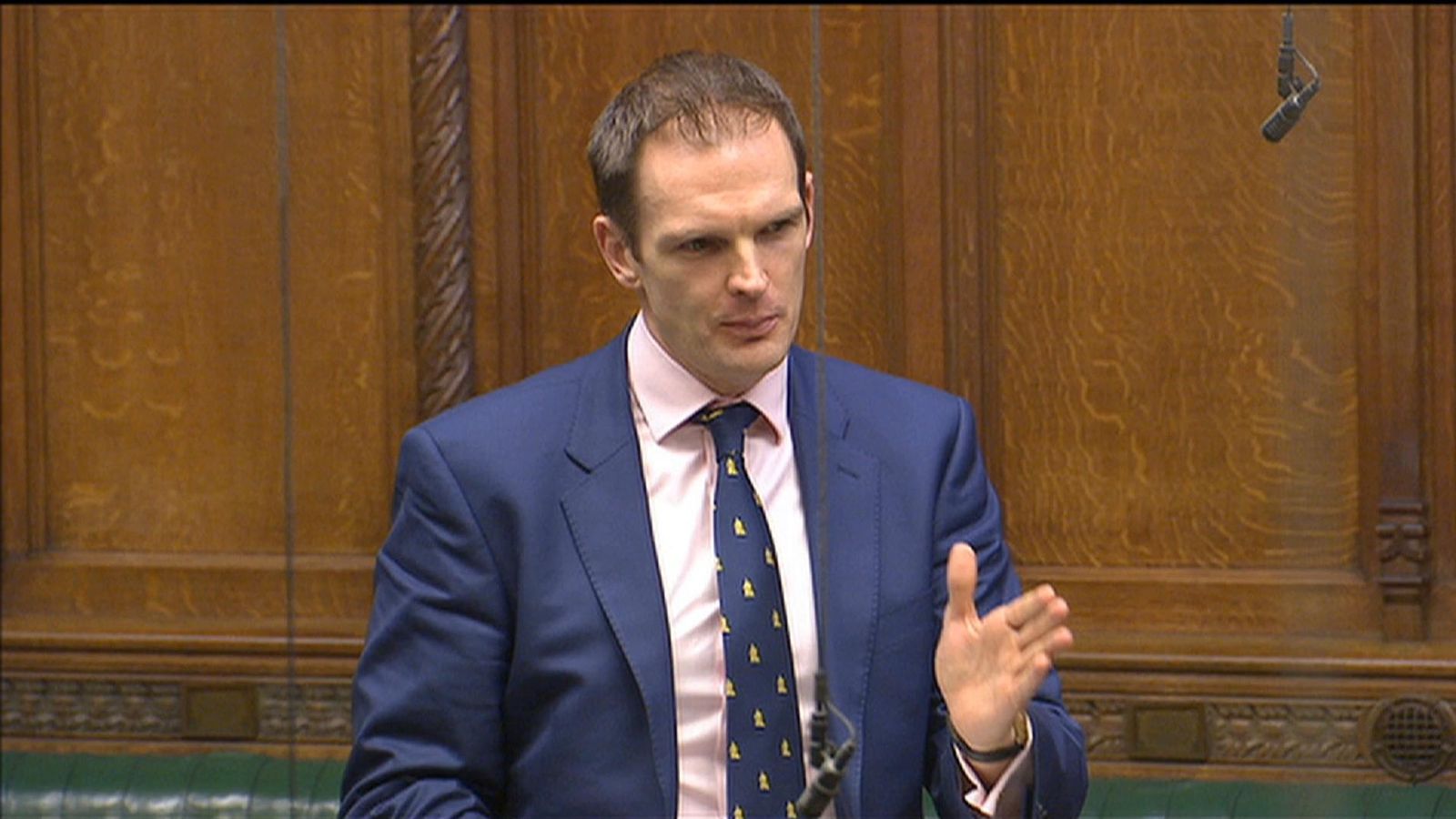Author: James Anderson
The worsening global climate change and the urgent need for an energy transition have led global capital markets to focus more on the renewable energy industry. With the goal of achieving carbon neutrality, more and more companies and countries are recognizing that investing in renewable energy is a powerful way to solve environmental problems and a critical driver of future economic growth. In recent years, global investment in solar, wind, hydrogen and other clean energy sectors has increased significantly due to increased policy support and continued technological innovation. But despite the increasing enthusiasm for investment, market uncertainty and technological bottlenecks pose challenges in this industry, where opportunities and risks coexist.
According to the International Energy Agency (IEA), global energy investments are expected to exceed $3 trillion for the first time by 2024. Approximately $2 trillion of the total is to be invested in clean energy technologies and infrastructure, covering key areas such as renewable energy generation, grids and energy storage systems. Of particular note, investment in solar photovoltaics is expected to exceed $500 billion, making it one of the most heavily invested technologies in the global power generation sector. This trend clearly shows the increasing importance of clean energy, particularly solar and wind energy, in the global energy transition.
During this global energy transition, Orsted – North America LLC plays a critical role as one of the world's leading renewable energy companies. The company focuses on the development and operation of offshore wind, onshore wind, solar and energy storage projects and actively advances the green transformation of the energy structure in the United States and worldwide. Orsted is a global leader in offshore wind, particularly in the North American market, where its projects have become one of the key pathways to the U.S. net-zero emissions target by 2050.
Since joining Orsted – North America LLC in 2019, Ms. Ran Zhang has served as the firm's senior investment analyst, responsible for managing renewable energy acquisitions and equity investments totaling over $1.8 billion annually. Her responsibilities include optimizing the company's entire investment portfolio, tracking the performance of held projects and conducting sales analysis based on market conditions to ensure that the capital assets provide the company with the greatest possible long-term benefit. In addition, Ran Zhang has been involved in valuations and risk assessments of large-scale renewable energy projects, leading the evaluation of investment strategies and ensuring that the projects meet the company's strategic objectives. She comments: “With mature offshore wind technologies, offshore wind projects on the east coast of North America are generating cash flows.” Ran Zhang believes that investor interest in this area is growing, due to both technological advances and strong political support. Wind energy projects show a steadily increasing return on investment, particularly through cost reductions and improvements in generation efficiency.
According to them, this trend accurately reflects the expectations of global investors for technological innovation and indicates that the investment boom in renewable energy will continue to intensify under the dual impetus of politics and markets.
In addition to wind and solar energy, hydrogen and battery storage energy have also attracted significant attention as potential clean energy solutions. Despite the current high costs, several countries have introduced hydrogen development plans and provided financial support, and many investors have begun to enter the field. However, the development of hydrogen still faces technical challenges, such as high costs for storage and transportation. Therefore, further breakthroughs and innovations are essential. Meanwhile, the technological bottlenecks in battery storage are also an inevitable challenge for current investments in renewable energies. Given the intermittent nature of wind and solar energy production, storage is critical for their large-scale use. However, current battery storage technologies are costly and have limited efficiency. Therefore, investors need to remain patient given the technological advancements in this area.
Political uncertainty is also a major concern for investors. Although many countries are taking measures to promote renewable energy, market uncertainties remain. For example, recent energy policy adjustments in Europe may have a short-term impact on investments. Ran Zhang further explains: “The consistency and stability of policies are crucial for investors, and sudden changes in policies may cause fluctuations in the capital market.” In addition, the transition of traditional energy companies to renewable energy is also intensifying market competition. Let's take Shell and BP as examples: these two energy giants have gradually switched to renewable energy in recent years. Shell explicitly states that the future energy system will be based on low-carbon molecules and renewable energy, and is committed to achieving net-zero emissions through carbon reduction and energy transition. BP plans to achieve net-zero emissions by 2050 or sooner and aims to drive the global energy transition by investing in wind, solar and other renewable energy sources. These companies are gradually integrating environmental, social and governance (ESG) objectives into their core strategies to adapt to changing global energy demand and sustainability goals. This transition creates incentives for more capital to invest in the market, but also increases the complexity of market competition.
Uncertainties aside, there is significant value and growth potential in renewable energy investments. As governments around the world, particularly in developing and emerging economies, gradually meet their clean energy commitments, investors in these regions have discovered new growth opportunities. At the same time, the rapid development of digital and intelligent technologies is opening up new investment opportunities for the renewable energy sector. The digitalization of networks, the introduction of blockchain technology and the modernization of intelligent management systems significantly increase the operational efficiency of renewable energy projects and further reduce costs.
In summary, investments in the global renewable energy sector have entered a new phase of development. Due to the combined impact of policy support, technological innovation and capital support, the industry is on a rapid growth trajectory. However, investors must be mindful of market uncertainties and technological challenges when capitalizing on these opportunities. Future investment strategies should be more diversified, keep pace with technological breakthroughs and take into account the risks arising from policy changes. Comprehensive analysis and in-depth assessments will help investors better capitalize on the ongoing opportunities presented by the global energy transition and achieve sustainable long-term returns.


























